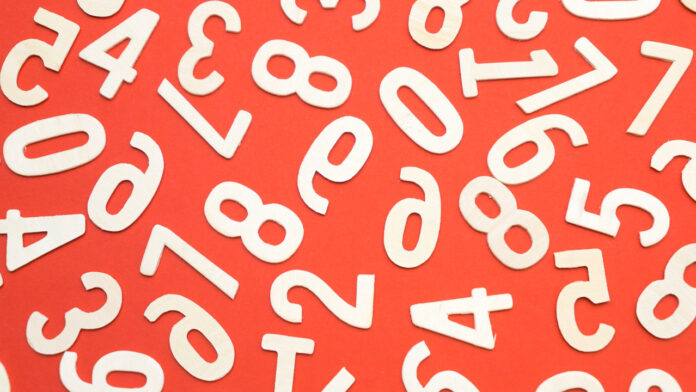Whether you’re celebrating a rare item drop or lamenting an unexpected turn of events, RNG is often at the heart of the matter. But what exactly is it?
RNG stands for “Random Number Generator.” At its core, RNG is a computational or physical mechanism used to generate a sequence of numbers or symbols that cannot be reasonably predicted better than by random chance. In the context of gaming, RNG is the unpredictable element that introduces variability and chance into games.
From the loot you find in an RPG chest to the trajectory of a critter in a platformer, RNG is everywhere. It’s what makes slot machines in casinos tick and is the backbone of many card games, both digital and physical. In video games, RNG can determine a wide range of factors: the damage dealt by a critical hit, the spawn rate of a rare creature, or even the outcome of a dialogue choice.
While RNG can add excitement and replayability to a game, it’s not without its critics. Some argue that excessive RNG can undermine skill, turning games into mere gambles. Others appreciate the unpredictability, asserting that it mirrors the uncertainties of real life.
In conclusion, RNG is the sprinkle of chaos in the orderly world of gaming algorithms. It’s the unpredictable twist, the roll of the dice, that keeps players on their toes, always anticipating the next surprise. Love it or hate it, RNG is here to stay, shaping countless gaming experiences.



